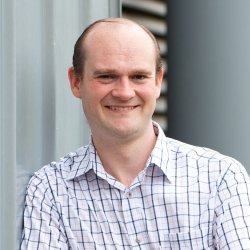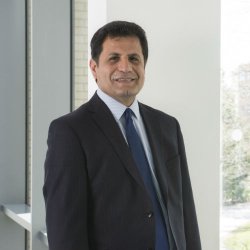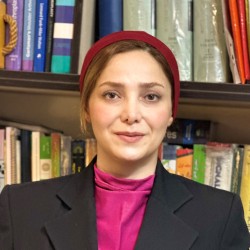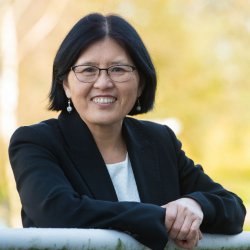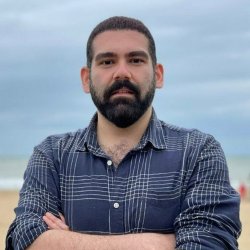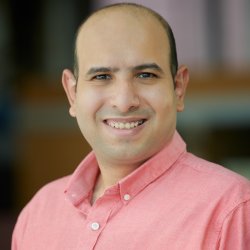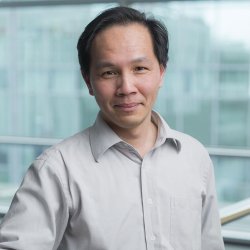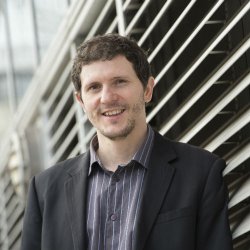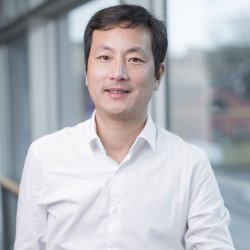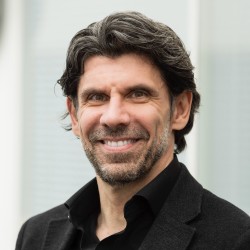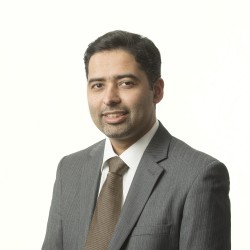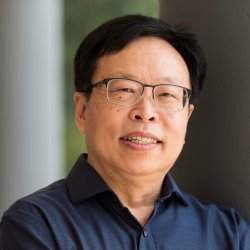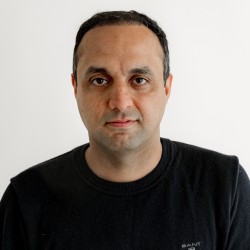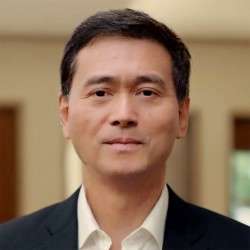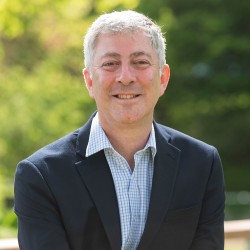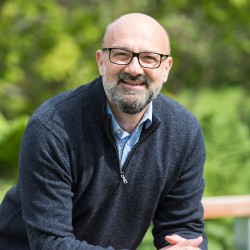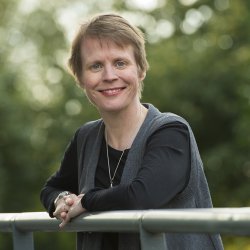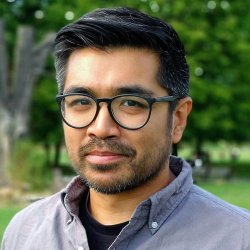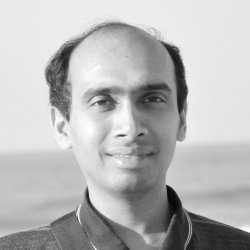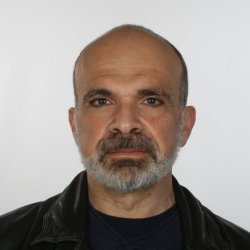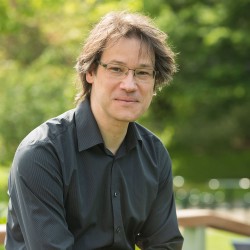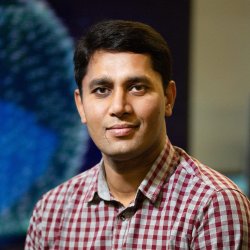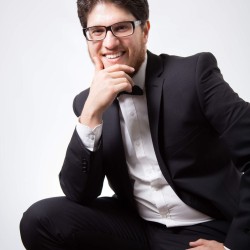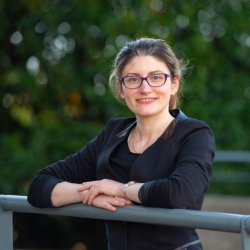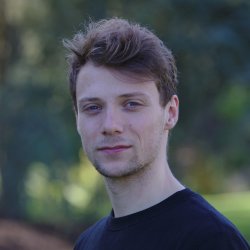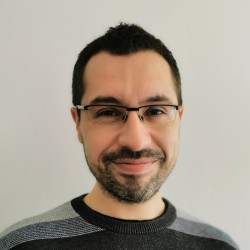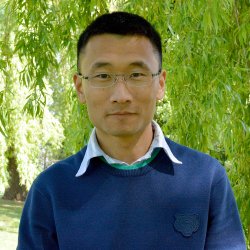EPSRC Centre for Doctoral Training (CDT) in Future Open SecuRe NeTworks (FORT) - Jointly with Queen’s University Belfast
EPSRC Centre for Doctoral Training (CDT) in Future Open SecuRe NeTworks (FORT) - Jointly with Queen’s University Belfast. This EPSRC Centre for Doctoral Training is offering twelve fully funded studentships to develop and train a community of postgraduate researchers who will become industry-conscious thinkers and leaders with unique expertise in wireless communications, cybersecurity, networking, and artificial intelligence (AI). In partnership with Queen's University Belfast's (QUB) Centre for Secure Information Technologies, FORT also enjoys support from more than 20 industry partners.
Start date
1 October 2026Duration
4 yearsApplication deadline
Funding information
- EPSRC Stipend £20,780 for 2025-26
- EPSRC CDT-Fort top-up £2,500
- EPSRC TechExpert top-up £7,000 – total income £31,000
- EPSRC RTSG £3,737.
Supervised by
About
Future communication networks are underpinning critical infrastructure as they go through digital transformation. We are moving to a world where we have a Network of Networks (NoNs) whereby they integrate space and terrestrial networks while future mobile broadband will offer the opportunity of sensing information because the wireless communication services can be easily reconfigured at software level to work as a form of radar. Another important feature of future NONs is to log the timing of when information is captured and sent, which is important in applications like positioning and navigation. The substantial complexity of NoNs also demands the need for AI and machine learning solutions.
Obtaining all of these essential skills in one place is not possible through traditional research degrees or taught master’s courses. Therefore, this CDT will equip graduates with the above multi-disciplinary skills required for future NoNs. You will gain skills needed by both industry and academia to carry out research, global standards, network deployment and safe/reliable automatic network operation. Therefore, on completing this programme you will be in high demand for graduate employment.
As a researcher in this CDT, you will have the opportunity to research in emerging areas of wireless communications and cyber security with the inclusion of industry experience and using our state-of-the-art facilities, including the 5G Test bed. You will interact with and work with other researchers within the CDT that is joint with Queens University Belfast (QUB).
The first year of your programme would include multi-disciplinary learning with a group project focusing on one of the following themes (noting which institution are the host) that would lead into your PhD programme:
- Space/Terrestrial Comms and Security (Surrey)
- Trustworthy AI for Secure Future Open Networks (QUB and Surrey)
- Secure and Trustworthy Hardware (QUB)
- AI-assisted Physical Layer Security (Surrey).
Eligibility criteria
Open to candidates who pay UK/home rate fees. See UKCISA for further information.
You will need to meet the minimum entry requirements for our Open Secure Communication Networks PhD programme.
Applicants are expected to hold a first or upper-second class degree in a relevant discipline (or equivalent overseas qualification), or a lower second plus a good masters degree (merit or distinction normally required).
How to apply
Applications should be submitted via the Open Secure Communication Networks PhD programme page.
In place of a research proposal, you should upload a document stating the theme(s) you are applying for (e.g. CDT-FORT and Space/Terrestrial Comms and Security). You must upload your full CV and any transcripts of previous academic qualifications. You should enter ‘CDT FORT Studentship’ under the ‘Please provide details of your funding’ section of your application.
Studentship FAQs
Read our studentship FAQs to find out more about applying and funding.
Application deadline
Contact details
Email: Lucy Bunnell at cdt-fort-enquiries@surrey.ac.uk

Studentships at Surrey
We have a wide range of studentship opportunities available.
